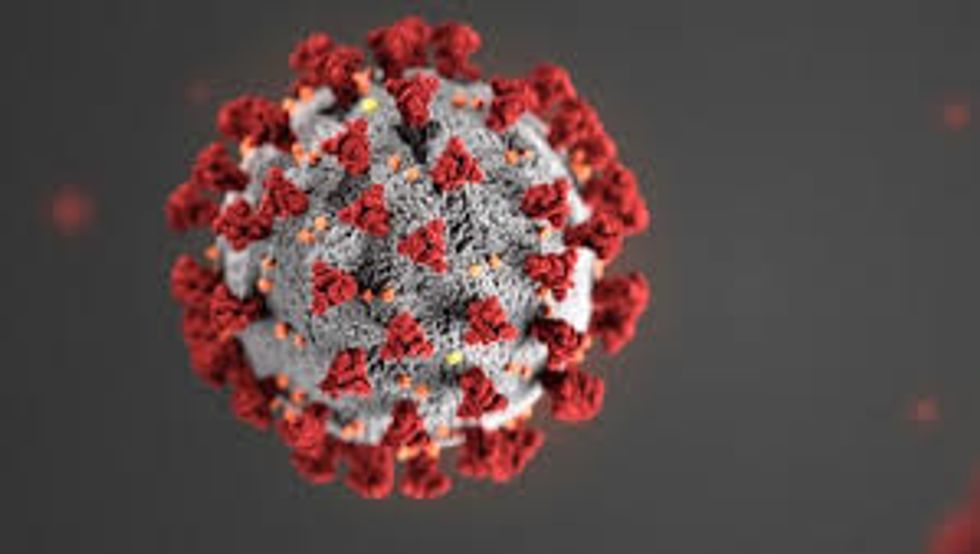As the COVID-19 (also known as Corona virus) spreads across the globe and across Washington state, misinformation and hysteria are running rampant.; Below is important information about the virus, how it spreads, what it does and what we can do within our homes and communities.
I heard that it was just like the flu. Why are people panicking?
While the virus can look like influenza because of it's similar symptoms, (more on that later) it is not like the flu. The CDC website states that symptoms may take anywhere from 2-14 days to appear after exposure. The incubation period for the flu is generally 1-4 days. This means that, those who are infected with COVID-19, may appear healthy for almost two weeks before symptoms appear. This means that there could be up to two weeks of time where someone has spread the virus to all of their contacts at work, home, or school. And this virus has been shown to move out of the respiratory system and into the gastrointestinal system and is even attacking other organs.
Keeping in mind how contagious and dangerous this disease is proving to be, no, this is not like the flu and that is why people are panicking.
But I'm young and healthy, and only the sick and elderly are dying. Why should I be worried?

While about eighty percent of cases have resolved without needing any special treatment, such as oxygen, you should still be concerned. Healthy people are the best carriers and it is likely that you will come into contact with someone who who won't be able to fight off the disease. Also, as the virus spreads, this will affect more than "just" the vulnerable members of our society.
When the CDC and your local government ask you to wash your hands and to stay home as much as possible, they are not asking you to do this for your own safety, but to flatten the curve. There are far too many comments on social media that are treating the spread of COVID-19 as inevitable and therefore, are contributing to the potential overload of the healthcare system. There are only so many hospital beds in the world. If hospitals and health care workers become more burdened than they already are, more people will die, not just of the virus, but of other health issues, like heart attacks and strokes.
There is a large ripple effect here. The individual has responsibility to be hygienic, stay home as much as you possibly can, to protect your community. The more that we do our part to stop the spread of the virus, the more time and energy our healthcare system will have to take care of sick people as well as to work on finding a vaccine.
What are the symptoms?
Now, this is where the virus can look like and behave like the flu. Symptoms include fever, dry cough, shortness of breath, body aches and pains, and in some cases, vomiting and diarrhea.
Great, I have similar symptoms. Now what do I do?
Self isolate. Stay home from work or school, and if you have children, make sure they stay home too. If you have come into contact with anyone, let them know you are exhibiting symptoms. And most importantly, CALL your doctor's office to speak to them before heading to their office.If you just walk in, you could not only spread the infection, but also pick up something else and give your immune system even more of a run for it's money. Give them a phone call and follow their instructions.
What can you do to protect yourself, your family and community?
I'm sure you have heard a lot of these already, but they bear repeating. Make sure that you are washing your hands thoroughly, that you are using alcohol based hand sanitizer, avoid touching your face and mouth. If you cough or sneeze, cough or sneeze into the crook of your elbow. Cease any unnecessary travel to help flatten the curve.
If you are exhibiting any symptoms, stay home, self isolate, and call your doctor.
Don't you have anything good to tell me?
The world seems like a terrifying place at the moment and I do not blame anyone for being scared, I am too. But there is some good news. Wuhan, China was the start of the outbreak and while they are advising caution still, they have seen a decline in cases. The Prime Minister has visited Wuhan for the first time since the outbreak began. As early as next month, Chinese officials believe they will have a vaccine ready for emergency and clinical trial use. US biotech company Moderna has already shipped out a vaccine for testing, and we may see results in July or August. And evidence is suggesting that the warmer weather in summer months may provide some relief.






















